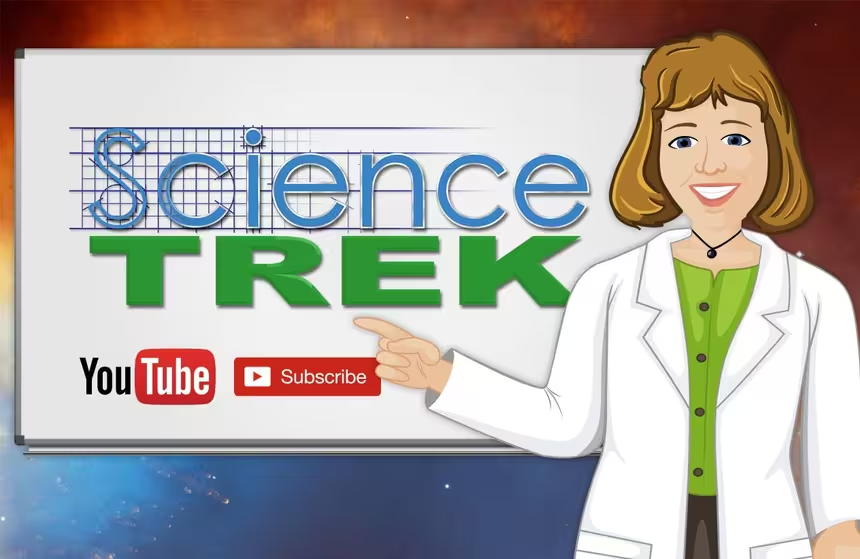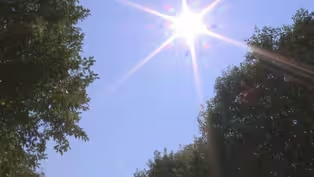
The Sun: Parker Solar Probe
Clip: Special | 1m 6sVideo has Closed Captions
Find out more about NASA’s mission to “touch” the sun.
The Parker Solar Probe will get closer to sun than any other human effort. Find out more about NASA’s mission to “touch” the sun.
Problems playing video? | Closed Captioning Feedback
Problems playing video? | Closed Captioning Feedback
Science Trek is a local public television program presented by IdahoPTV
Major Funding Provided by the Laura Moore Cunningham Foundation and the Idaho National Laboratory

The Sun: Parker Solar Probe
Clip: Special | 1m 6sVideo has Closed Captions
The Parker Solar Probe will get closer to sun than any other human effort. Find out more about NASA’s mission to “touch” the sun.
Problems playing video? | Closed Captioning Feedback
How to Watch Science Trek
Science Trek is available to stream on pbs.org and the free PBS App, available on iPhone, Apple TV, Android TV, Android smartphones, Amazon Fire TV, Amazon Fire Tablet, Roku, Samsung Smart TV, and Vizio.

Science Trek
Science Trek is a place where parents, kids, and educators can watch short, educational videos on a variety of science topics. Every Monday Science Trek releases a new video that introduces children to math, science, technology, engineering, and math (STEM) career potentials in a fun, informative way.Video has Closed Captions
Clip: Special | 1m 5s | Why does the Sun rotate at different rates? (1m 5s)
Providing Support for PBS.org
Learn Moreabout PBS online sponsorship
- Science and Nature

Explore scientific discoveries on television's most acclaimed science documentary series.

- Science and Nature

Capturing the splendor of the natural world, from the African plains to the Antarctic ice.












Support for PBS provided by:
Science Trek is a local public television program presented by IdahoPTV
Major Funding Provided by the Laura Moore Cunningham Foundation and the Idaho National Laboratory
